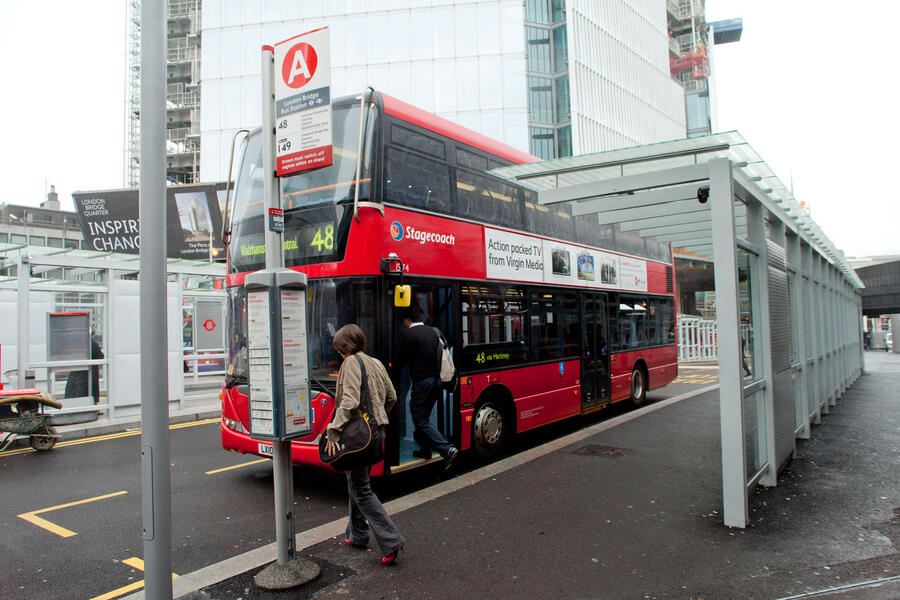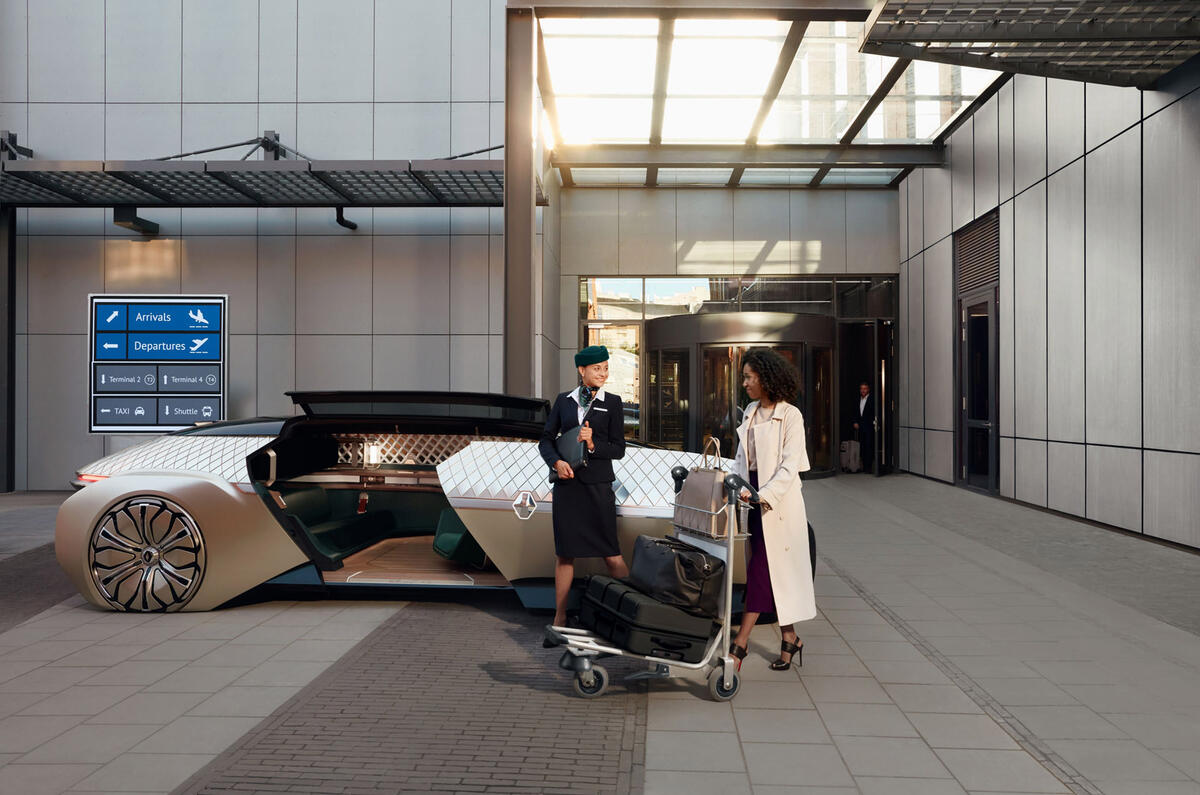Have you come across the concept of Mobility as a Service, or Maas? At some point you will, and if you work for a car company, it could be that the idea of it is already giving you sleepless nights.
The idea is this: some people don’t like the idea of owning a car but still need to go places. Pretty straightforward. The Inbetweeners had a name for them. But new communications technology is making those two ideas ever more compatible, because it means people won’t have to go and wait for a bus or call a taxi in future. They will have other options: to hop on a nearby electric scooter or Boris bike, or swipe to see if a cab (maybe a shared one) is passing, and they will use those to get to work/home/a station/wherever.
Depending on where they live, the first or last mile of their journey could even be in an autonomous pod. But whatever, what they won’t be doing is getting into their own personal car.
And that last part, if you run a car maker, is the worry. As we reported earlier this year, analysis suggests that global profit from car sales will fall marginally to around £104 billion over the next decade, while Maas could generate £188bn of annual profits over the same period. Run a manufacturer that doesn’t make any money at the best of times and you can see where this leaves you.
Hence car companies are pretty interested in Maas, or securing their part in it. Ford has a programme called City:One, involving it in everything from ride-sharing software companies to electric scooters. Two years ago, it bought Michigan Central Station, a grand but derelict old railway terminus, for renovation and conversion into somewhere “mobility innovators and disruptors from around the world come to develop, test and launch new products and services that solve urban transportation challenges”. Basically, it’s a way of trying to work out what Ford’s place in the world will be when people in Southwark or Oxford no longer buy a Fiesta.

Car companies’ place in that world is moot. Volvo, which presents itself as one of the more progressive and caring car companies, is quite into the idea of you running around in a Volvo without owning a Volvo. The more it has looked at things, though, it has also come around to the idea that it’s no good you wanting to use a car just for going out for the evening, nor collecting one off some street. There’s no profit in somebody using a Volvo for a few hours and there needs to be a hub for these shared cars, because they will need to be cleaned and prepared, because people are awful and badly maintained cars are more dangerous than wonky-wheeled shopping trolleys.





Add your comment